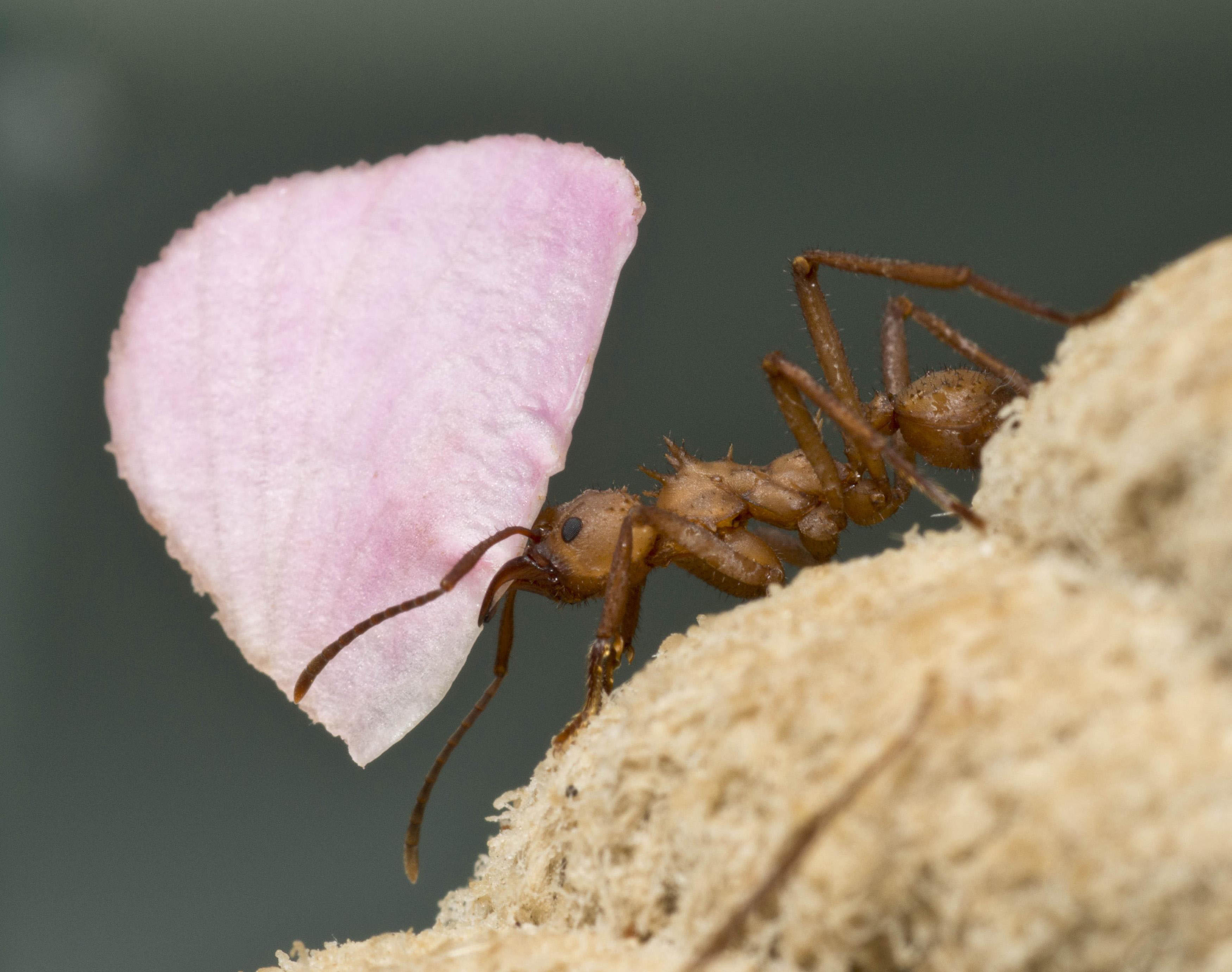Pampering leafcutter ants with fragrant rose petals and fresh oranges may seem an unlikely way to rescue modern medicine, but scientists at a lab in eastern England think it is well worth trying.
As the world cries out for new antibiotics, researchers at the John Innes Centre (JIC) in Norwich are also taking a bet on bacteria extracted from the stomachs of giant stick insects and cinnabar caterpillars with a taste for highly toxic plants.
Their work is part of a new way of thinking in the search for superbug-killing drugs: turning back to nature in the hope that places as extreme as insects' insides, the ocean depths and the driest deserts may throw up chemical novelties and lead to new drugs.


















With your current subscription plan you can comment on stories. However, before writing your first comment, please create a display name in the Profile section of your subscriber account page.